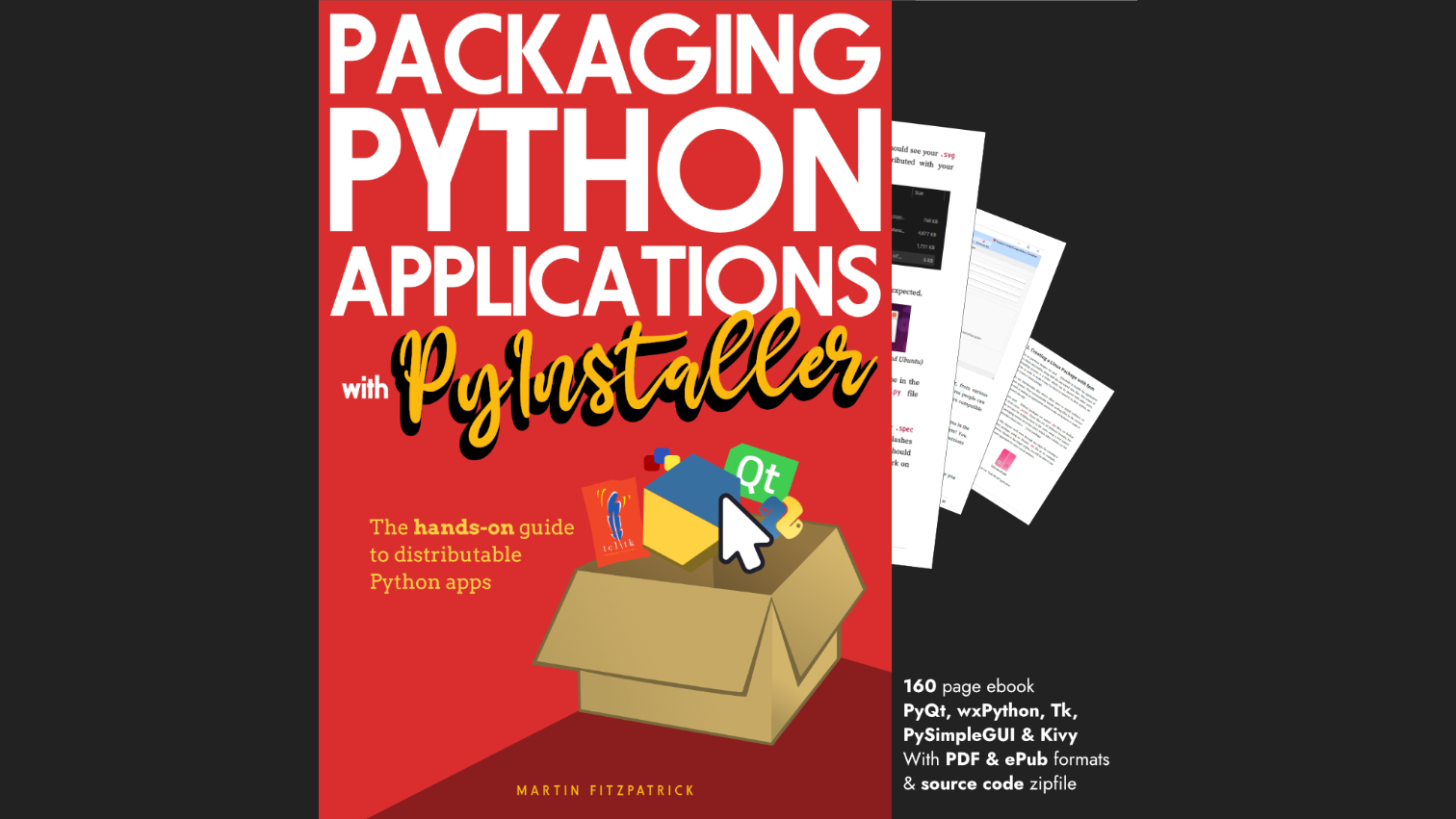Dan wrote
I just started with PyQt and it seems pretty cool but tried to use a "progress bar" to track a long I/O process which introduced me to threads. I have things mostly working and understand how a long I/O would mess up the event queue for functions called AFTER the I/O process is called but I have experienced the following:
- FIRST I try & update some GUI widgets
- Immediately AFTERWARDS I call the long I/O function
Somehow step #2 interferes with step #1! It's like a time machine! ;-) I'm guessing that the call to step #1 just places GUI commands in a queue which immediately gets interfered with by step #2? So.... I guess all I'm asking for is a way to "flush the > queue" or somehow force step #1 to complete before step #2? I tried calling various "update" & "repaint" functions but that doesn't seem to help. I can (of course) deal with this via threads but it seems a bit inelegant... Any suggestions?
amohgyebigodwin10691
Qt always runs application logic before it runs UI code, even if Ui code was called first, that is what is going on.
To fix this call the I/O function in a separate thread.
PedanticHacker
Create GUI Applications with Python & Qt6 by Martin Fitzpatrick — (PyQt6 Edition) The hands-on guide to making apps with Python — Over 15,000 copies sold!
Hello Dan, welcome to the forum! 🙂
Martin has written a wonderful article about threads and thread-blocking in GUI applications. You'll find all your answers there.
Create GUI Applications with Python & Qt5 by Martin Fitzpatrick — (PyQt5 Edition) The hands-on guide to making apps with Python — Over 15,000 copies sold!
Dan
Thanks! It really is an excellent article.

